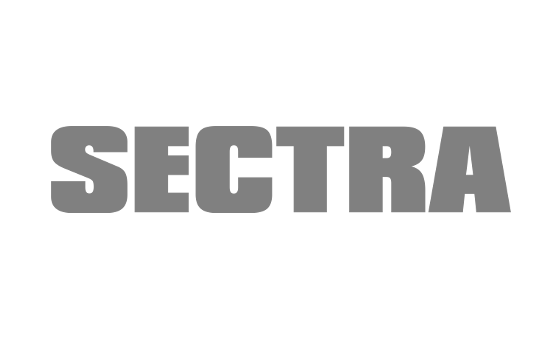 The Kent and Medway Medical Imaging Consortium has procured a medical imaging system from Sectra to support faster diagnosis and earlier treatment for patients, and to increase capacity to meet growing demand.
The Kent and Medway Medical Imaging Consortium has procured a medical imaging system from Sectra to support faster diagnosis and earlier treatment for patients, and to increase capacity to meet growing demand.
Radiologists and other clinicians at East Kent Hospitals University NHS Foundation Trust, Maidstone and Tunbridge Wells NHS Trust and Medway NHS Foundation Trust, will be able to easily access images such as x-rays, CT scans, MRIs, ultrasounds, and more regardless of where in the consortium a patient has had their medical imaging captured.
Timely and more informed diagnoses and clinical decisions are expected for patients due to improved imaging access, and trusts across the region will be able to pool their resources and balance the workload of scarce radiologists and specialists.
Better discoverability and accessibility of images will also lead to enhanced patient safety by avoiding unnecessary duplicate scans and associated radiation exposure for patients. Additionally, the new system will introduce radiation dose monitoring functionality.
Known as a picture archiving and communication system (PACS), the system will be implemented across the trusts by medical imaging partner Sectra alongside its vendor neutral archive. Initially focussed on radiology and medical photography, the system also supports enterprise imaging, providing the potential to expand the programme to other diagnostic disciplines into the future - for example digital pathology.
Sue Lang, who has worked as programme lead for the consortium and radiology transformation programme manager for East Kent Hospitals University NHS Foundation Trust, said: "The new system will make important diagnostic images instantly available across our trusts to diagnostic reporters and people delivering care. It will also support improved access to imaging across a large parts of the South East of England, where many other hospitals also use the Sectra PACS.
"Patients can expect their imaging to follow their care journey - whether that’s within our consortium or beyond. For example, cancer patients often move to specialist centres, and others are referred to London hospitals as part of a trauma network and then come back to us, so it is key that we can easily share and access imaging."
Implementation is expected to enable trusts to respond to recommendations set out in Sir Mike Richard’s 2020 review into diagnostic services in England. And the consortium is planning to support the flow of images with new community diagnostics centres and with GPs in Kent, in response to the government’s initiative to bring diagnostics closer to patients and tackle the elective backlog.
The new imaging system will also support the consortium in making better use of the radiology workforce. Workforce capacity remains a national challenge in radiology and other diagnostic disciplines. The PACS will allow the trusts to make best use of workforce across the region. If one trust has greater capacity, the consortium will be able to draw on this, improving equity of care and speed at which patients get their diagnosis.
Specialists will also be able to provide their expertise without the need to wait for a referral. And home reporting, with the ability to have radiologists working from anywhere, will make it easier to recruit and retain people by offering improved working flexibility.
The PACS will support up to 1.4 million exams each year across the consortium. It will simplify the processes for multi-disciplinary meetings - with easy availability of images creating efficiencies. And the programme will reduce the need for staff to log in and out of different radiology systems. Third-party visualisation tools, for example, will now open and close in patient context in the PACS, and PACS-based reporting, integrated into the consortium’s radiology information system, will reduce the need for radiologists to manually access the RIS. The new system will also integrate into the Kent and Medway Breast Screening Service PACS, already provided by Sectra.
Trusts in the region will also be able to make the most of AI potential, with interoperable applications expected to seamlessly integrate with the new PACS and radiology workflows.
The contract was signed in April 2022 and draws on the Sectra One subscription model that allows easy scalability of the solution. Deployment of the system is expected to take place during 2022 and 2023.
Jane Rendall, managing director at Sectra in the UK and Ireland said: "Accurate and timely diagnosis is key to inform appropriate treatment. Trusts in Kent will become better connected with each other and with others in the region, as they modernise diagnostic imaging to ensure the best outcomes for patients and create the best possible working conditions for radiologists and healthcare professionals."
About Sectra
With more than 30 years of innovation and approaching 2,000 installations worldwide, Sectra is a leading global provider of imaging IT solutions that support healthcare in achieving patient-centric care. Sectra offers an enterprise imaging solution that provides a unified strategy for all imaging needs while lowering operational costs. The scalable and modular solution, with a VNA at its core, allows healthcare providers to grow from ology to ology and from enterprise to enterprise. Visit Sectra's website to read more about Sectra and why it’s top-ranked in 'Best in KLAS'.